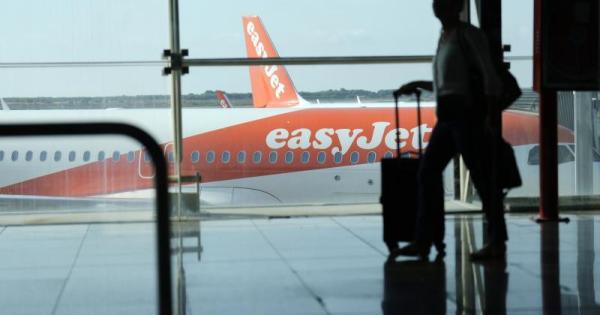As the dust settles on the budget it appears that some British expats living in Mallorca and across Spain are going to take a pension hit. While rising inflation and cost of living in places like Mallorca are already making pensioners feel the squeeze, pension changes announced in Wednesday’s budget to could tighten that squeeze for many.
The British government has announced it will be removing access to class 2 voluntarily national insurance contributions (VNICs) for expats to prevent them from claiming the UK state pension cheaply. It also raises questions for those holding Individual Savings Accounts (ISAs) while living overseas, prompting some expatriates to review how they structure future repatriation plans.
The change will come into effect from 6 April next year, alongside an extension to the initial residency or contributions requirement to 10 years. The government said the move would “put an end to those living abroad being able to buy cheap access to a UK state pension.” Expats can currently claim UK state pension by paying class 2 VNICs to fill in gaps in their record. You must generally have been employed or self-employed in the UK before leaving and have lived in the UK for at least 3 years to qualify. But from next April, UK nationals living abroad will generally only be able to pay the more expensive class 3 VNICs to build their state pension record, and only if they meet the new 10-year initial residency/contributions requirement.
The UK tourist industry as of this morning has yet to comment. During the ABTA convention in Mgalluf, Calvia, last month, industry leaders made it clear that they did not want budget to hit the travel industry in any shape or form.
However, the domestic UK market looks set to introduce a new form on tourist tax on “bed nights” which means that hotel rates will rise leading to an increase in costs of staycations which could force more Britons to look to overseas holidays as they will be cheaper. So, as the Bulletin reported last month, the budget may give UK tour operators a lift.
Mark Tanzer, ABTA Chief Executive, said: “Against a difficult economic and fiscal backdrop, it will take some time to assess the impact of the Budget. But what is clear, is that the success of the travel industry has never been more critical to the overall health of the UK economy. As such, the move to support high street businesses, including travel agencies, through a permanently lower level of business rates, is very welcome. However, ABTA remains concerned about the cumulative impact of taxes and levies on travel businesses and consumers.
The introduction of a wide range of new taxes and tax increases, largely targeted at middle- and higher-income earners, is something that will need to be monitored carefully. With travel powering the UK economy over recent years, any negative impact on consumer demand for holidays would directly contradict the Chancellor’s own growth agenda.
Similarly, changes to employment and business taxes, including further increases in the National Living Wage, especially for younger workers, will increase the cost of employment. The government must be careful not to deter businesses from hiring staff, especially those younger people who are looking to start their careers in travel. However, there were also some positive moves in this area, including enhanced access to apprenticeships for SMEs.”
